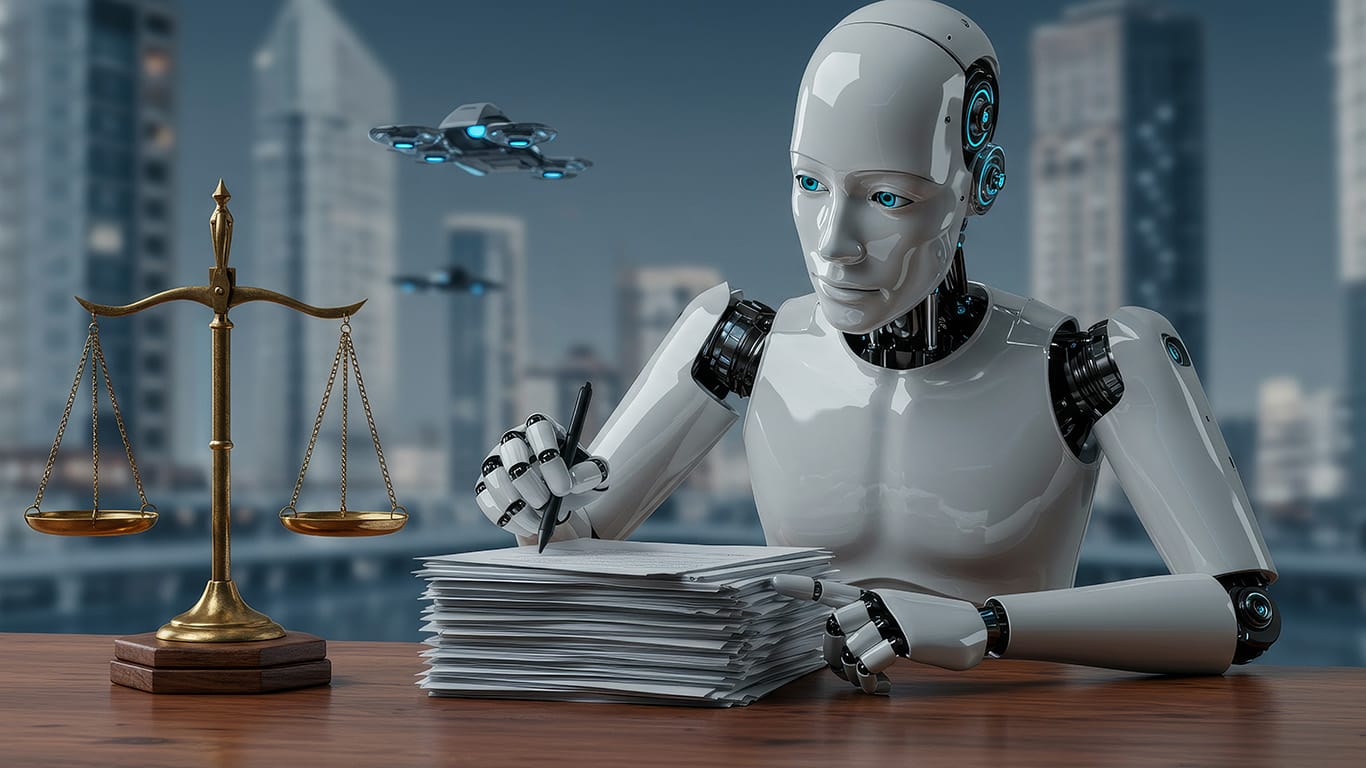Artificial intelligence is transforming how businesses operate from payroll to customer service, and increasingly, legal work. AI-powered platforms claim the ability to analyze contracts, identify potential issues, and summarize complex documents in seconds. For small-business owners juggling multiple responsibilities, the appeal of faster, more cost-effective legal solutions is undeniable. However, while AI delivers impressive efficiency, it cannot replicate the discernment, strategic thinking, and nuanced understanding that come from an experienced attorney’s judgment.
LOCAL NEWS: 100 best places to work and live in Arizona for 2025
INDUSTRY INSIGHTS: Want more news like this? Get our free newsletter here
Efficiency vs. accuracy
While AI is highly efficient, it is not inherently accurate or reliable. Well-documented cases show AI “hallucinating” legal citations or fabricating information when data is incomplete — mistakes that can have serious legal consequences. Efficiency should never come at the expense of accuracy. Without proper oversight, AI can expose businesses to unnecessary risk and liability.
AI can quickly review contracts and flag missing signatures, unusual terms, or duplicative language, but accuracy in law requires more than pattern recognition. It demands understanding of meaning, intent, and jurisdiction. An AI tool might miss a nuanced clause or overlook that a provision valid in one state is unenforceable in another. Without an attorney’s interpretation, an AI-“approved” contract can create costly exposure. As complexity of a document grows, so does the need for experienced legal judgment. When the stakes rise, so does the cost of getting it wrong.

Think before you upload
Pasting a contract into a free AI tool can create serious privacy and security risks. You may inadvertently share confidential terms, trade secrets, or client information under a vendor’s standard terms, often without realizing it. Before using any AI platform, confirm how your data will be handled. Ask whether your content is excluded from model training, how long it is stored, and whether secure deletion is available. As a rule of thumb: if you wouldn’t email a contract to a third party without a nondisclosure agreement (NDA) and a data processing agreement (DPA), you shouldn’t upload it to a public AI tool either.
The Importance of Human Oversight
Even the most advanced AI lacks human judgment. Lawyers don’t just read contracts; they anticipate risks, negotiate terms, and align strategy with business goals. Negotiation is strategy, not spellcheck. A model can suggest “balanced” language, but it doesn’t understand leverage, timing, or risk tolerance. However, a seasoned attorney does. They also ensure that certain provisions, such as indemnities, exclusions, IP ownership, etc. align with your risk profile. AI may summarize enforcement clauses like venue or arbitration, but attorneys know how they play out in practice.
The Future of Legal Tech
AI will continue to reshape legal services, automating routine tasks like document review and research. For small businesses, that means greater access to affordable legal resources. But the future isn’t about replacing lawyers, it’s about empowering them. The most effective solutions will blend automation with professional oversight, delivering efficiency without sacrificing accuracy or accountability. Businesses that embrace this balance will gain both protection and competitive advantage.
Author: Cristina Perez Hesano is the founder and attorney at Perez Law Group.




